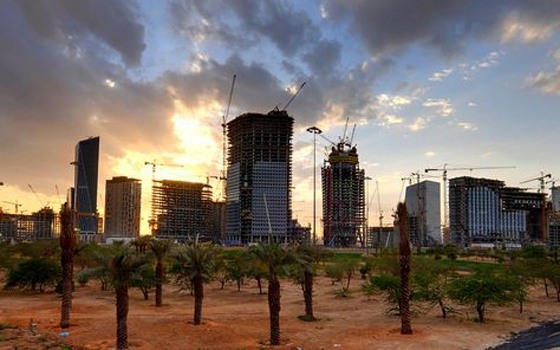With the majority of real estate launches still chasing high-end investors rather than end-users, Gulf markets could be facing a shortage of more than one million homes by 2018. The issue will worsen as populations increase and the number of affordable homes being built falls.
“From 2000 to 2013, [the] total population of the GCC rose by over 67 per cent, from 29.4 million to more than 49 million, and it continues to grow 2-3 per cent each year,” said Samer Bohsali, Partner with Strategy& (the new avatar of Booz & Company), which has brought out a report detailing its overview of the Gulf’s residential space.
“The relatively young demographic structure of the region is creating a surge in demand,”
According to the consultancy, governments should push for private-public partnerships to redress the balance in housing stock. Other factors could compound the problem, notably the high unemployment rates among GCC citizens.
“Despite growing demand, residential real estate development in the GCC is slow with buildable land scarce and expensive, particularly in urban environments,” the Strategy& report said.
Only 35 per cent of Saudi households own their homes, based on some estimates, while in the UAE, home ownership rate is roughly 48 per cent.
“Given the severity of the housing shortage — and the current efforts of GCC governments to achieve other socio-economic goals, such as reducing unemployment and weaning residents from their dependence on the state — a better approach to the provision of housing is needed,” said Ramy Sfeir, Partner, Strategy&.
Making home financing easier to source is a solution.
Under-developed financial markets and regulations limit lenders’ appetite to fund mortgages. Governments can step in making “soft loans” available through banks or government-owned agencies. But households in need of such assistance more often than not find themselves not in a position to access such options.
GCC governments’ housing assistance programs also need looking into.
“There is often a mismatch between assistance and need… Many applicants may already have access to existing housing units,” said the report.
“This mismatch may lead to missed opportunities to renovate existing units. Most of these programs require the beneficiaries to repay over time the value of the benefit. In some circumstances, the applicant’s income does not allow the person to be a homeowner, leading to a denial of assistance. A large menu of programs can be used by governments to ensure proper targeting and efficient use of resources.”
Gulf News
22 October






















































